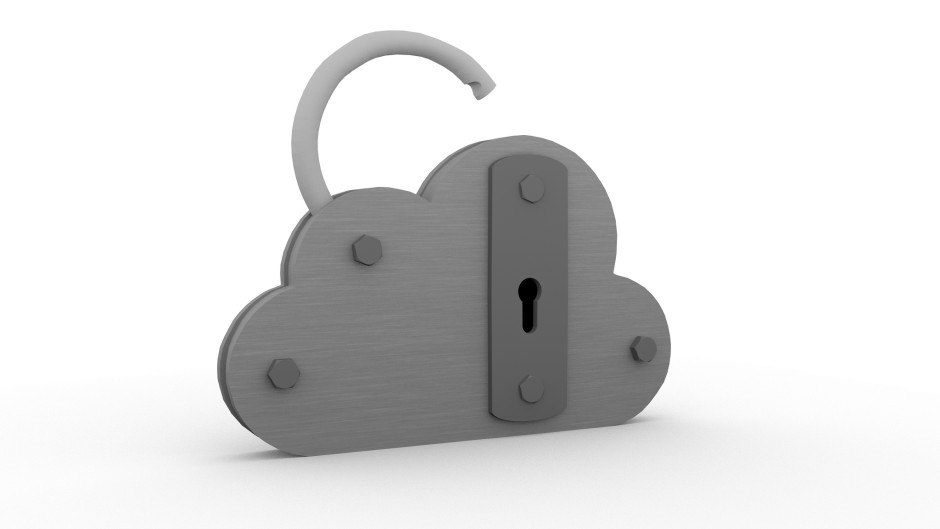What the heck is a VPN?
What’s a VPN? What does it do? How does it work?
First things first, let’s get the acronym out of the way: A VPN stands for Virtual Private Network.
There are many more technical discussions about the different ways VPNs can work, but I’ll try to focus here on what a VPN means to the average internet user.
From the point of view of the average user, a VPN is a private network of computers connected securely across the Internet. You may have used one to “dial in” to a university library to use their access to academic journals, or perhaps to securely gain access to your company server while you’re traveling.
Many companies offer VPN services to Internet users willing to fork over the cash. So what are these people getting out of the deal?
VPN services first create a secure, encrypted connection between your computer and their service. You then connect to the wider Internet through their connection. So what do you get?
Anonymity
As you browse the web and conduct your online activities, your device’s unique IP address is visible to the sites you visit, revealing information about you, e.g. country or region. Based on this information, sites and services (and third-party advertisers) can identify you and tailor what they show you.
Using a commercial VPN, your computer will appear to have a different IP, sometimes in a region of your choosing. And because many others are usually connecting from that same “exit point” IP, your browsing is mixed up with theirs.
It’s important to note that this anonymity is not even close to perfect, especially when you’re signed into web services or show an identifiable pattern of online behaviour. But it’s one part of a privacy-conscious approach to online life.
Privacy
As you go about your online business, your Internet service provider (ISP) may be monitoring your connection and logging your activity for a number of reasons. They can do this because your computer is essentially connecting to theirs before it gets through to the wider Internet.
For example, ISPs may “sniff” the packets your computer is sending and receiving, and throttle your connection if they detect peer-to-peer filesharing.
ISPs may also be obliged by repressive governments to store your browsing history for a length of time to use as evidence against you for expressing or reading speech they’ve outlawed.
By connecting to the Internet through a VPN, your ISP can inspect packets all they want, but all they’ll see (and log) is a stream of unintelligible encrypted data.
Similarly, attackers attempting to eavesdrop on your connection by compromising a public router at a coffee shop, for example, will encounter the same hurdle, greatly increasing your security on public networks.
Once again, using a VPN will not instantly give you perfect privacy, as detailed in this informative myth-busting post from GoldenFrog. It’s important to trust your VPN provider’s practices and transparency. But as stated before, a proper VPN is a strong tool and vital part of a well-rounded approach to online privacy.
Anti-censorship
VPNs are a key tool for Internet users in countries where freedom of expression is often curtailed by state-run filters or legal crackdowns.
You’ve probably heard about the Great Firewall of China. It’s a massive Internet filter that blocks access to many foreign websites (e.g. the New York Times, Youtube), censors sensitive keywords, and takes down speech about criminalized topics.
The Great Firewall is a suite of technologies, but users can avoid its website blocking with a VPN by using the encrypted connection to connect first to VPN servers outside China, and then to the open Internet. In this way, they can read about topics censored by the government at home.
In other countries, like Malaysia, the government has clumsily outlawed sites used as free-speech platforms to criticize the government, like Medium.com. VPN users in Malaysia can use their private connections to get around this censorship and access important journalism.
Net Neutrality
Finally, VPN users may use their private connections to escape unfair throttling by their ISPs.
In 2014, U.S. ISPs Verizon and Comcast were both caught throttling Netflix connections to their customers. Coincidentally, these ISPs happened to be negotiating with Netflix to provide “fast lane” access to their customers for Netflix traffic. Netflix customers at the time reported crawling service, endless loading, and poor resolution on their videos.
Because VPN connections are encrypted, Verizon and Comcast’s packet inspection could only see a stream of encrypted data, not a Netflix stream. Because only a Netflix stream triggered the throttling, VPN connections to the streaming service were much faster and more reliable.
Thanks to a colossal outcry from Internet users, the U.S. FCC brought in strong Net Neutrality protections to prevent this kind of anti-competitive abuse from happening.
But many people in countries lacking these rules aren’t so lucky. For those who face constant connection throttling from monopoly ISPs, a VPN may be their best bet to access an Internet where all traffic is treated equally.
Conclusion
As you can see, VPNs are useful tools to enhance privacy and anonymity, route around censorship, and defeat ISP throttling. They’re not perfect, but for the average Internet user, they’re a great place to start.
That’s why it’s important to defend VPN use as a legitimate online activity to protect ourselves from intrusive or abusive actions from governments, businesses, and hackers online, or simply to help protect our privacy--a reason that needs no explanation.
To learn more about how VPNs work, check out these helpful posts from Spideroak, GoldenFrog, Gizmodo, and TheBestVPN.



 Take action now!
Take action now!
 Sign up to be in the loop
Sign up to be in the loop
 Donate to support our work
Donate to support our work